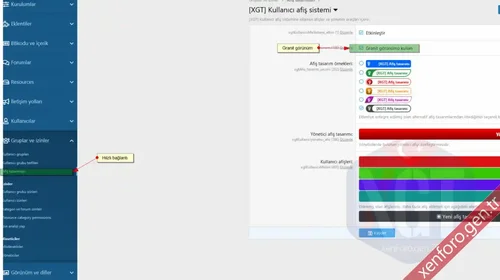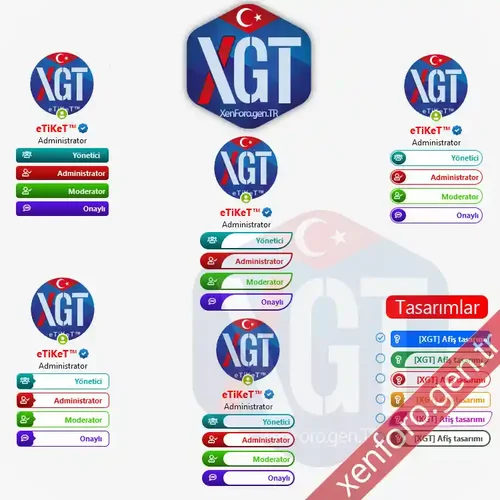With this plugin, you can customize the user's banners, while providing ease of use with 5 different designs integrated into the plugin, it provides a visual feast. No more editing different templates with css codes, look, assign colors and use them, that's all.
What's New in Version 3.0.2
See changelogReleased
No changelog available for this version.





Join the conversation
You can post now and register later. If you have an account, sign in now to post with your account.